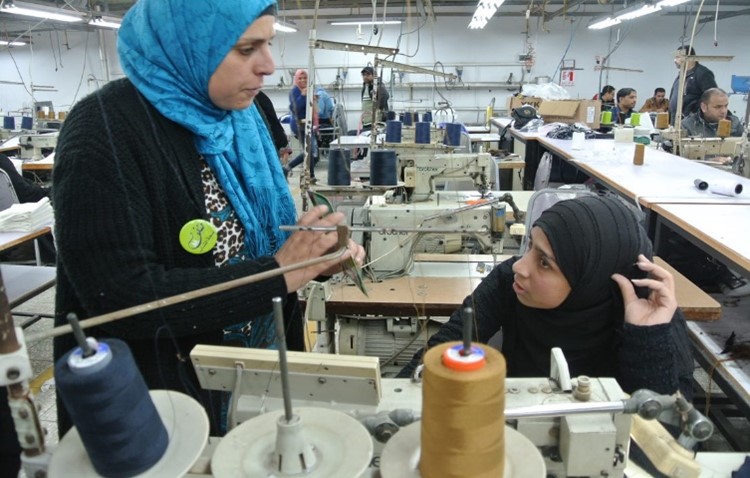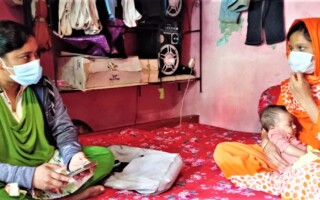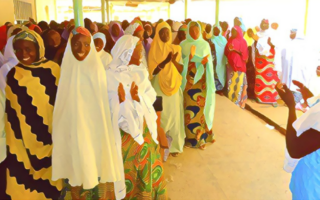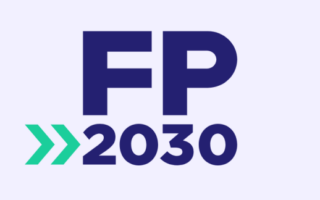
Across eight garment factories in Port Said’s Free Investment Zone, the Council’s Evidence Project implemented a program to connect 18- to 35-year-old male and female workers with FP/RH services. Peer educators disseminated health messaging, while factory nurses counseled and referred to private healthcare providers.
Why it Matters: Worker health programs that offer FP/RH information and services are an important vehicle for addressing individuals’ needs. However, prior to this project, there was a need to understand the effectiveness and scalability of these programs among workers of reproductive age with respect to their ability to increase FP/RH awareness, address concerns and misconceptions, and enable control over fertility desires.
The Approach: This project began in October 2016 and concluded in April 2021. There were three projects under this umbrella of work: “Addressing the Family Planning Needs of Factory Workers in Egypt,” “Strengthening Egypt’s Family Planning Program – SEFPP,” and “Offering Family Planning Services in Factory Settings in Egypt: Examining Feasibility, Acceptability, and Cost.”
What we did:
- Trained 300 young workers as peer educators to communicate health messages through face-to-face conversations, social and behavior change communication materials, and social media.
- Trained 35 factory nurses, 277 pharmacists, and 64 private physicians in FP/RH counseling and service provision.
- Facilitated the establishment of a Women’s Health Clinic (WHC) in Port Said’s Free Investment Zone.
- Created health committees comprised of seven to 10 staff in each factory to manage worker health programs and ensure sustainability.
- Scaled up the intervention into seven factories in Upper Egypt and Cairo, with the aim of reaching approximately 3,425 workers.
- Scaled up the intervention into 10 factories in Alexandria’s Amreya Industrial Zone, with the aim of reaching approximately 20,000 workers.
The Big Picture:
- Through the 24,000 workers reached in Port Said, the project enhanced our understanding of workers’ FP/RH needs and effective interventions in factory settings.
- We concluded that well-being programs in factory settings must take workers’ time constraints and mobility across factories into consideration, and that to address increased FP/RH service demand, workers need access to affordable care.
Partners:
- Port Fouad Childhood and Motherhood Association (PFCMA)
- Egyptian Chamber for Apparel and Home Textiles
Funders:
- United States Agency for International Development (USAID)
- John Snow, Inc. (JSI)
- Netherlands Embassy in Egypt
Also, in partnership with the Netherlands Embassy in Egypt and the Egyptian Chamber for Apparel and Home Textiles, the Population Council is scaling up the provision of family planning/reproductive health information and services in 10 factories in the Amreya Industrial Zone in Alexandria with the aim of reaching approximately 20,000 factory workers.




